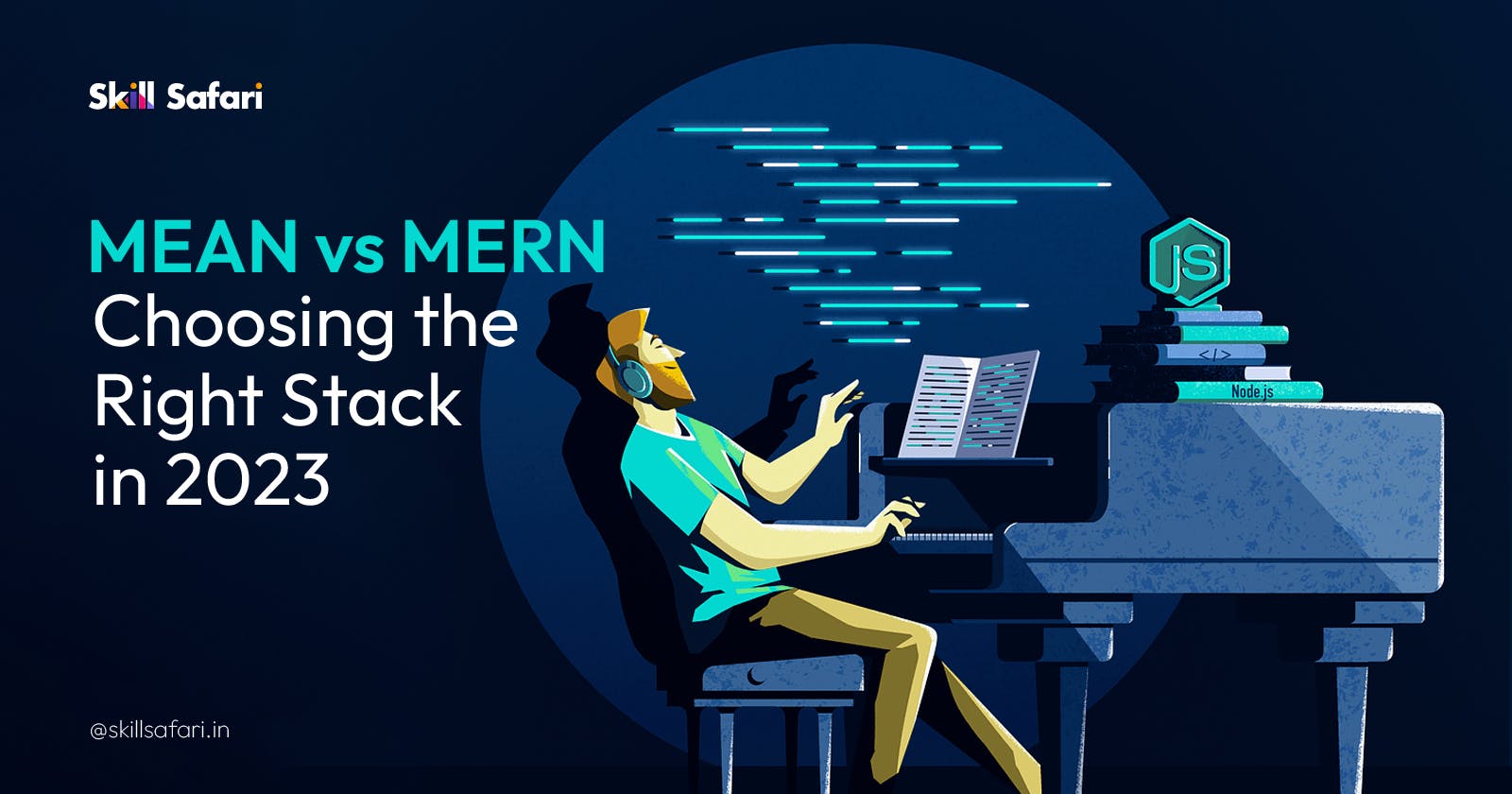Web development has become a driving force behind innovation and growth in the constantly changing digital era. Web applications have experienced a remarkable rise due to the Internet's quick development, forcing businesses to reconsider their tactics to stay competitive. The global web development market is anticipated to grow to $500 billion by 2025, underscoring its significant influence on the commercial landscape. Due to the rising number of internet users and the widespread use of mobile devices, web development has experienced unheard-of growth over the past ten years. Web applications are in high demand across many industries, including e-commerce, finance, healthcare, and entertainment, thanks to the world's more than 4.9 billion internet users and the abundance of digital services.
The Importance of Web Application Development:
Enhanced Online Presence:
In today's digital-centric world, having a robust web presence is essential for any business. Web applications provide a platform for companies to showcase their products and services to a global audience, enabling 24/7 accessibility and expanding their reach beyond geographical boundaries.
Improved User Experience:
Web development is pivotal in creating user-friendly interfaces and seamless navigation, ultimately enhancing the user experience. A positive user experience leads to higher customer satisfaction and increased engagement, translating into higher conversion rates and customer loyalty.
Increased Business Efficiency:
Web applications streamline business operations by automating tasks, managing databases, and integrating various processes. This efficiency not only saves time but also reduces operational costs, contributing to increased profitability.
Competitive Advantage:
As the digital landscape becomes more crowded, businesses must stay ahead. A well-designed and feature-rich web application can set a company apart, attracting more customers and increasing market share.
Data Insights and Analytics:
Web applications generate valuable data and user insights that businesses can leverage to make informed decisions. By analyzing user behaviour, preferences, and trends, companies can tailor their offerings to meet customer demands effectively.
MEAN STACK:
The MEAN stack is an integrated technology stack that makes it simple to develop various applications. Programmers primarily use it to create web-based applications. The stack's compatibility with numerous plug-ins and widgets makes it especially useful for development tasks that must be finished quickly. The MEAN stack is also called native apps when developing hybrid mobile applications. A sizable and helpful community supports the open-source JavaScript technology known as the MEAN stack. The production procedure is streamlined by its extensive set of integrated tools. One of its main advantages is that it promotes better coordination and faster application response times by using a single language for both front-end and back-end development. The average salary of a MEAN Stack developer ranges from INR 3 to 6 LPA in India.
MERN STACK:
In recent years, the MERN stack has emerged as a relatively new and well-liked technology, gaining much traction. MERN stack development is primarily geared towards developing high-end web applications, unlike MEAN stack development, which focuses on creating general web apps. MERN is an open-source technology stack that comprises a collection of JavaScript-based databases, runtime environments, and frameworks. This comprehensive suite gives programmers an all-inclusive framework, which adds to its appeal among programmers. The MERN stack has the notable benefit of allowing both front-end and back-end development to be successfully managed using a single coding script, streamlining and standardising the entire process. The MERN stack is strongly advised for aspiring developers who want to improve their full-stack development abilities. Due to the distinctive and flexible features of the MERN stack, software companies have also expressed a strong interest in hiring MERN stack developers, much like their counterparts in the MEAN stack. Due to the high demand for developers of the MERN stack, there are numerous lucrative job opportunities available. The average salary of a MERN Stack developer in India ranges from 6–21 LPA.
Conclusion :
The brief mentioned above goes into great detail about the value of web applications and well-known tech stacks. It can be challenging to learn these technologies on your own, which is why Skillsafari has developed a Fullstack development program that teaches you how to create web applications from scratch while also enhancing your soft skills and ensuring that you will land a job. Click the following link to learn more about the program: https://skillsafari.in/full-stack-developer-course/

